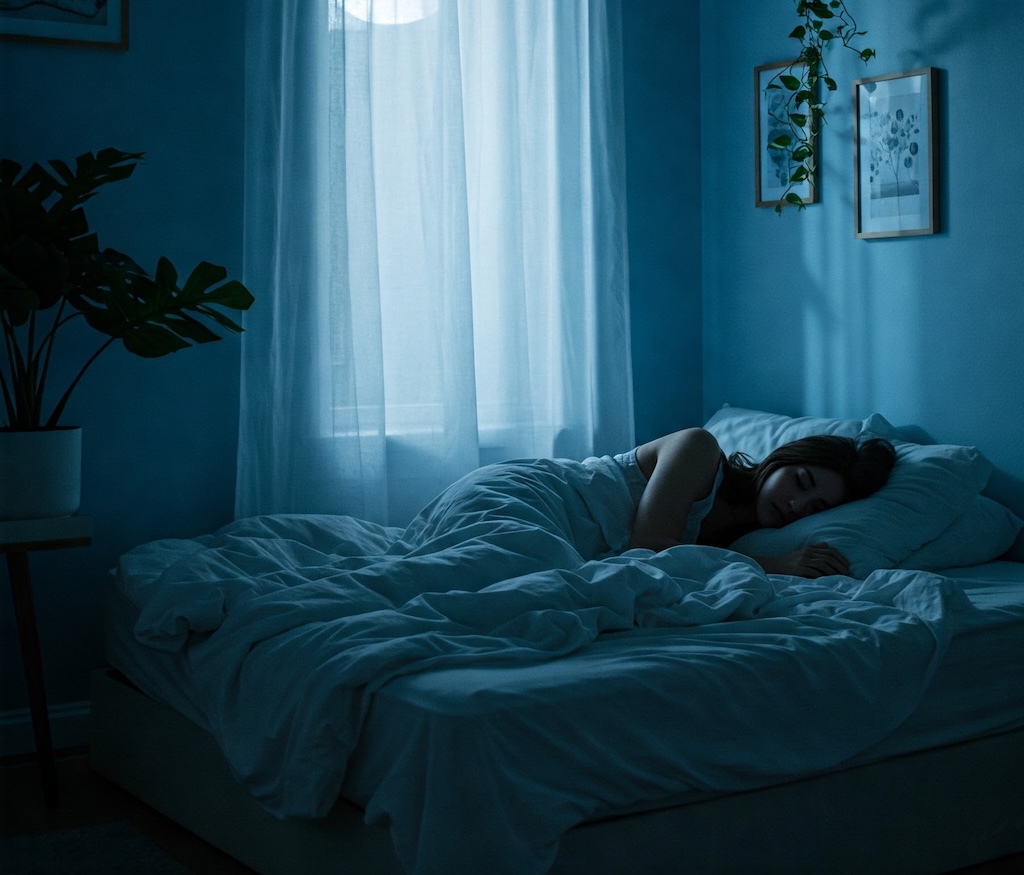
Unlock Restful Nights: Essential Sleep Hygiene for Everyone
By Mindful List Team •
Sleep HygieneSleep CareChildrenTeenagersAdultsSeniorsWellbeing
Essential sleep hygiene tips for everyone to unlock restful nights, including advice on sleep schedules, environment, and managing night time awakenings.
Unlock Restful Nights: Essential Sleep Hygiene for Everyone
Quality sleep is a cornerstone of our physical, mental, and emotional well-being, regardless of age or life stage. Establishing healthy sleep habits, known as sleep hygiene, can significantly improve the duration and quality of your rest. Here are essential tips that everyone can benefit from:
- Establish a Consistent Sleep Schedule: Go to bed and wake up around the same time every day, even on weekends. This consistency helps regulate your body's natural sleep-wake cycle (circadian rhythm).
- Create a Relaxing Bedtime Routine: Wind down for at least 30-60 minutes before sleep. This could include reading a physical book (not on a screen), taking a warm bath or shower, listening to calming music or a podcast, or practicing gentle stretching or meditation.
- Optimize Your Sleep Environment: Make sure your bedroom is dark, quiet, and cool. Use blackout curtains, earplugs, or a white noise machine if needed. A comfortable mattress and pillows are also crucial.
- Limit Screen Time Before Bed: The blue light emitted from electronic devices (phones, tablets, laptops, TVs) can suppress melatonin production, making it harder to fall asleep. Aim for a "digital curfew" at least one hour before bedtime.
- Be Mindful of Caffeine and Alcohol: Avoid caffeine (coffee, tea, energy drinks, some sodas, chocolate) for several hours before bed, as it's a stimulant. While alcohol might initially make you feel sleepy, it can disrupt your sleep later in the night.
- Regular Exercise, But Time it Right: Regular physical activity can improve sleep quality, but avoid intense workouts in the 2-3 hours leading up to bedtime. Gentle exercise earlier in the day is beneficial.
- Manage Stress and Anxiety: Find healthy ways to manage stress, such as mindfulness exercises, deep breathing techniques, journaling, or spending time in nature. Chronic stress can significantly interfere with sleep.
- Watch Your Diet and Hydration: Avoid heavy meals, excessive fluids, and sugary snacks close to bedtime. These can lead to discomfort and nighttime awakenings.
- Naps Wisely: If you nap, keep them short (20-30 minutes) and avoid napping too close to your bedtime, as this can make it harder to fall asleep at night.
- Address Daytime Sunlight Exposure: Exposure to natural light, especially in the morning, helps regulate your circadian rhythm and promotes better sleep at night.
- If You Can't Sleep, Get Out of Bed: If you've been awake in bed for more than 20 minutes and can't fall back asleep, get out of bed and do a quiet, relaxing activity in dim light until you feel sleepy. Avoid stimulating activities like watching TV or using your phone.
- Don't Watch the Clock at Night: If you wake up in the middle of the night, resist the urge to check the time. This can create anxiety about how much sleep you're losing and make it harder to fall back asleep. Turn your clock away or cover it.
- Seek Professional Help When Needed: If you consistently struggle with sleep despite practicing good sleep hygiene, consult a doctor or sleep specialist to rule out any underlying medical conditions or sleep disorders.
Prioritizing these essential sleep hygiene practices can lead to more restful nights, improved energy levels, enhanced mood, and better overall health. Start by incorporating a few of these tips into your daily routine and gradually build healthier sleep habits.
Last updated: 5 May 2025